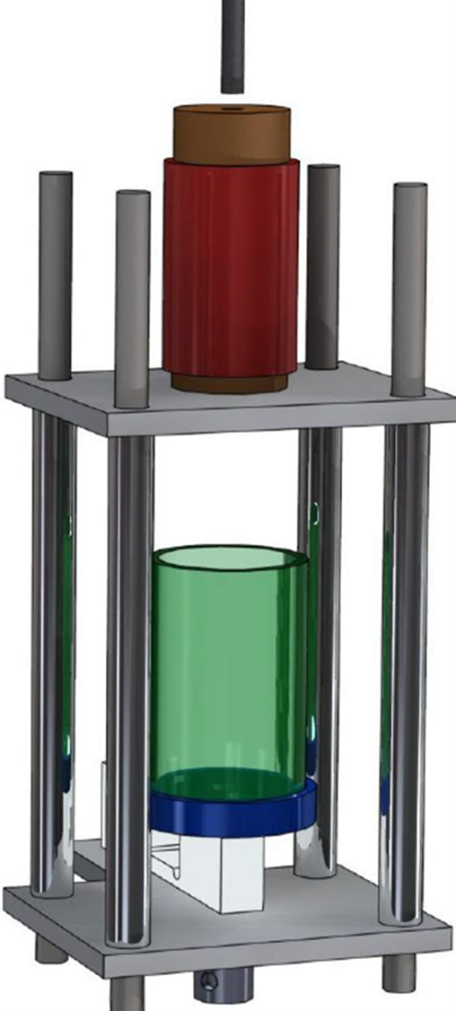About the projects
Project summary
Almost every aspect of modern life involves plastics in some form. Plastics are thus crucial for a wide range of industries including automotive, packaging, construction, electronics, and healthcare. While the main constituent of plastics mostly consists of polymers, plastic additives are also crucial ingredients. Without them, plastics would easily tarnish and degrade into microplastics. Plastic additives also play an important role in the processing of plastics into products. There are many types of additives, including colorants, stabilizers protecting against UV-light, and flame-retardants.
The additives needed for a given plastic material depend on the intended applications, but it can be difficult to dose all the ingredients in a consistent, safe and reliable manner. The BASF performance chemicals division produces a large portfolio of additives as well as customer-specific blends as granulates, using different types of techniques (extrusion, palletization, etc.…). Such granulates provide easy-dosable and low dust solutions with the composition required for the customer’s application. However, the specified combinations of additives desired vary greatly from customer to customer. In practice, some granulate of plastic additives fail to retain their structural integrity. Thus, there is a need to map out which combinations of plastic additives can be processed into stable granulates for different techniques. What physical and chemical properties of the additives make some combinations succeed while others fail?
Almost every aspect of modern life involves plastics in some form. Plastics are thus crucial for a wide range of industries including automotive, packaging, construction, electronics, and healthcare. While the main constituent of plastics mostly consists of polymers, plastic additives are also crucial ingredients. Without them, plastics would easily tarnish and degrade into microplastics. Plastic additives also play an important role in the processing of plastics into products. There are many types of additives, including colorants, stabilizers protecting against UV-light, and flame-retardants.
The additives needed for a given plastic material depend on the intended applications, but it can be difficult to dose all the ingredients in a consistent, safe and reliable manner. The BASF performance chemicals division produces a large portfolio of additives as well as customer-specific blends as granulates, using different types of techniques (extrusion, palletization, etc.…). Such granulates provide easy-dosable and low dust solutions with the composition required for the customer’s application. However, the specified combinations of additives desired vary greatly from customer to customer. In practice, some granulate of plastic additives fail to retain their structural integrity. Thus, there is a need to map out which combinations of plastic additives can be processed into stable granulates for different techniques. What physical and chemical properties of the additives make some combinations succeed while others fail?

NMBU has many years of experience with the production of pellets for feed. Food, like plastic additives, consists of organic molecules and there is a significant overlap between the engineering challenges.In this joint BASF-NMBU project, we will use the single-die pellet press equipment (schematics in the Figure) at REALTEK to systematically investigate the pelletization of different combinations of plastic additives. Their mechanical integrity will be characterized in the material lab at REALTEK. This will be compared with pilot plant production in the BASF R&D facility in Kaisten (Switzerland) as well as industry-scale processing of plastic additives in different facilities.
FIGURE: Single-die pellet press equipment to used to produce pellets at NMBU (Ref.: Salas-Bringas et al. 2011)
Project participants at NMBU
External participants
BASF Schweiz AG in Kaisten (Switzerland):
- Andreas Thuermer
- Thomas Gfroerer
- Laurent Cavin